When Nigerians think about moving to Europe, they usually consider France, Germany, or the United Kingdom. However, a quiet change is occurring in the Balkan region. This southeastern part of Europe is known for its stunning mountains, rich cultures, and very low cost of living. Once ignored, the Balkans now provide Nigerians with affordable options for a European life without the stress or high costs of Western Europe.
By 2025, countries like Serbia, Albania, and Bosnia and Herzegovina are the most accessible and realistic choices for Nigerians looking to relocate. These countries have embassies or consular services that handle Nigerian applications directly, offer friendly visa policies, and provide modern amenities at a fraction of Western European prices. Whether you’re interested in remote work, academic opportunities, or a peaceful place to start fresh, these nations are becoming popular for long-term settlement.
Serbia, The Heartbeat of the Balkans
Serbia is one of the most welcoming and accessible countries in Europe for Nigerians in 2025. The capital, Belgrade, is a vibrant mix of tradition and modernity. It features a rich history, nightlife, coworking spaces, and affordable housing. Serbia’s openness to foreign talent, especially in IT, education, and entrepreneurship, makes it a favorite relocation spot for West Africans looking for European exposure.
Visa Options for Nigerians
- Long-Stay Visa (Type D): For stays longer than 90 days for work, study, or family reunification.
- Work Visa: Given to Nigerians with confirmed job offers or freelance contracts in Serbia.
- Student Visa: For Nigerian students enrolled in recognized Serbian universities.
- Dependent Visa: For spouses and children of valid residence permit holders.
Documents Required
- Nigerian passport (valid for at least six months beyond intended stay)
- Completed visa application form
- Two passport photographs
- Proof of sufficient funds (minimum €50 per day for the duration of stay)
- Proof of accommodation (hotel booking, lease, or invitation letter)
- Travel health insurance valid in Serbia
- Visa fee receipt
- Employment or admission letter
- Police clearance certificate from Nigeria
Visa Application Process
- Visit the Embassy of the Republic of Serbia in Abuja, at 4A Lusaka Street, Wuse Zone 6.
- Obtain and complete the Long-Stay Visa Application Form.
- Submit all required documents in person.
- Attend an interview if needed.
- Wait for processing, which typically takes 20 to 30 working days.
When approved, collect your visa and travel to Serbia. Once there, apply for a Temporary Residence Permit at the local police station within 48 hours of arrival.
Official Visa Website: www.mfa.gov.rs/en/consular-affairs/entry-serbia
Cost of Living in Serbia
- Rent (1-bedroom apartment): €250 to €400 (₦440,000 to ₦700,000)
- Utilities: €100 to €150 (₦175,000 to ₦260,000)
- Internet & Mobile: €25 (₦45,000)
- Groceries: €150 to €250 (₦260,000 to ₦440,000)
- Transportation: €30 (₦52,000)
Monthly Total: €600 to €900 (₦1.05 to ₦1.57 million)
Lifestyle and Integration
Serbia’s lifestyle mixes tradition with modern comfort. Nigerians find Belgrade to be friendly and safe, with many international cafés, coworking spaces, and cultural festivals. English is commonly spoken in professional settings. Nigerians can integrate easily through student associations, church networks, and expat groups. Learning a few Serbian phrases can help build connections with locals.
Albania, Europe’s Coastal Secret
Albania has emerged as one of the most underrated European destinations for Nigerians, providing e-visa access, beautiful beaches, and low living costs. From the capital Tirana to coastal towns like Durrës and Vlora, Albania is changing the game for affordable European living for those seeking sun, safety, and stability. The government actively supports foreign residency with simplified visa systems.
Visa Options for Nigerians
- E-Visa (Short or Long-Term): Nigerians can apply for a 90-day short-stay or a 1-year residence e-visa online.
- Work Visa (Type D): For Nigerians working for Albanian companies or remote workers.
- Student Visa: For Nigerian students accepted into recognized Albanian institutions.
- Dependent Visa: For family members of visa holders.
Documents Required
- Valid Nigerian passport (minimum six-month validity)
- Completed e-visa application form
- Two recent passport photos
- Proof of sufficient funds (€40 per day minimum)
- Proof of accommodation (lease agreement or host invitation)
- Health insurance for the entire stay
- Bank statement (last 3 months)
- Employment or study letter
- Visa application fee receipt
Visa Application Process
- Visit the Albanian e-Visa portal: https://e-visa.al.
- Create an account and complete the online form.
- Upload scanned documents in PDF format.
- Pay the application fee online.
- Wait for approval, typically within 10 to 15 business days.
- Once approved, print the e-visa and carry it with you when traveling to Albania.
Cost of Living in Albania
- Rent: €200 to €350 (₦350,000 to ₦610,000)
- Utilities: €70 to €120 (₦122,000 to ₦210,000)
- Internet & Mobile: €20 to €30 (₦35,000 to ₦52,000)
- Groceries: €150 to €200 (₦260,000 to ₦350,000)
- Transportation: €25 (₦45,000)
Monthly Total: €500 to €800 (₦875,000 to ₦1.4 million)
Lifestyle and Integration
Albania’s warm hospitality, Mediterranean cuisine, and digital-nomad-friendly atmosphere make it an ideal escape from city stress. English is widely spoken among younger people, especially in Tirana. Nigerians can easily fit in through international hubs, local volunteer programs, or student groups. With beaches, mountains, and a lively café culture, Albania offers a nice balance between leisure and progress.
Bosnia and Herzegovina, Quiet, Affordable, and Peaceful
Bosnia and Herzegovina is one of Europe’s most peaceful and cost-effective places to relocate. With scenic valleys, Ottoman architecture, and charming cities like Sarajevo and Mostar, it appeals to Nigerians who want a calm and inexpensive European lifestyle. It also has a direct embassy in Abuja, making visa access easier.
Visa Options for Nigerians
- Long-Stay Visa (Type D): For Nigerians staying more than 90 days for study, work, or residency.
- Work Visa: For Nigerian professionals or business owners.
- Student Visa: For Nigerians studying at Bosnian institutions.
- Dependent Visa: For families of main visa holders.
Documents Required
- Valid Nigerian passport
- Completed visa application form
- Two passport photos
- Proof of sufficient funds
- Proof of accommodation
- Health insurance valid for entire stay
- Employment, business, or study proof
- Police clearance certificate
- Receipt of visa fee payment
Visa Application Process
- Visit the Embassy of Bosnia and Herzegovina in Abuja (No. 11, Parakou Street, Wuse 2).
- Obtain and complete the Type D visa application form.
- Submit your documents and attend an interview.
- Wait for processing (usually 30 to 45 days).
- Collect your visa and register at the police within 24 hours of arrival.
Official Visa Website: www.mvp.gov.ba
Cost of Living
- Rent: €250 to €400 (₦440,000 to ₦700,000)
- Utilities: €80 to €120 (₦140,000 to ₦210,000)
- Internet & Mobile: €25 (₦45,000)
- Groceries: €120 to €180 (₦210,000 to ₦315,000)
- Transportation: €25 (₦45,000)
Monthly Total: €550 to €850 (₦960,000 to ₦1.48 million)
Lifestyle and Integration
Bosnia provides a peaceful environment for Nigerians looking for safety and tranquility. The locals are friendly, and English is becoming more common in cities. Nigerians will find Sarajevo’s universities and startup spaces inviting, while Mostar’s beauty makes for enjoyable weekend getaways. Local food and markets are budget-friendly, and social integration is easy through community networks and international associations.
Tips for Nigerians Moving to the Balkans
- Always register your residence within a few days of arrival, it’s required in all three countries.
- Your health insurance must cover your entire stay and be valid locally.
- Keep proof of funds for visa renewals and residency extensions.
- Network early with expat and African associations, as they can help you adjust more quickly.
- Learn basic greetings in the local language to foster goodwill with the locals.
- Keep digital and printed copies of all your visa and residency documents.
In 2025, the Balkans offer Nigerians more than just low costs; they offer opportunities, safety, and access to a European lifestyle without the red tape and high expenses of the EU. Whether it’s Serbia’s urban vibe, Albania’s coastal relaxation, or Bosnia’s peaceful charm, these countries are paving the way for Nigerians to build new lives abroad that are both achievable and sustainable.


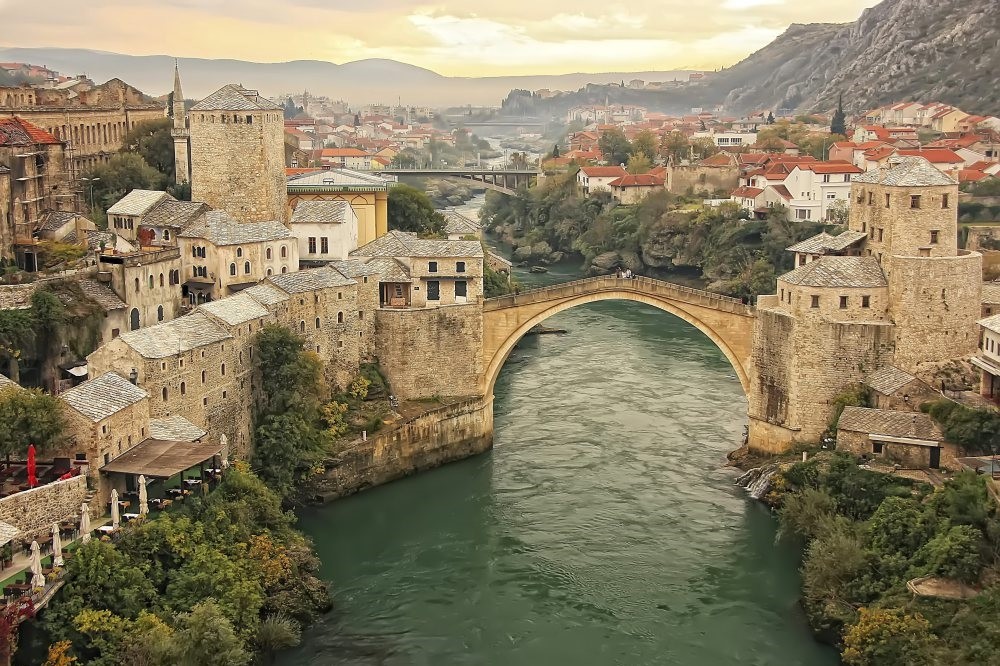
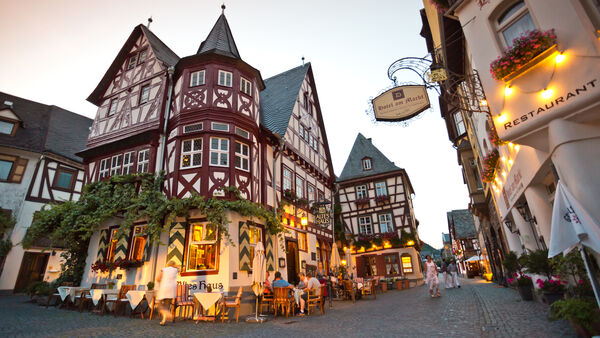
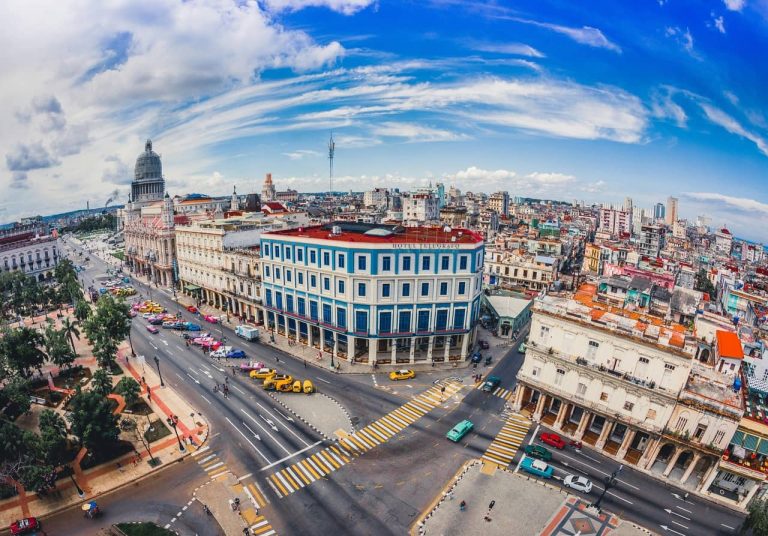
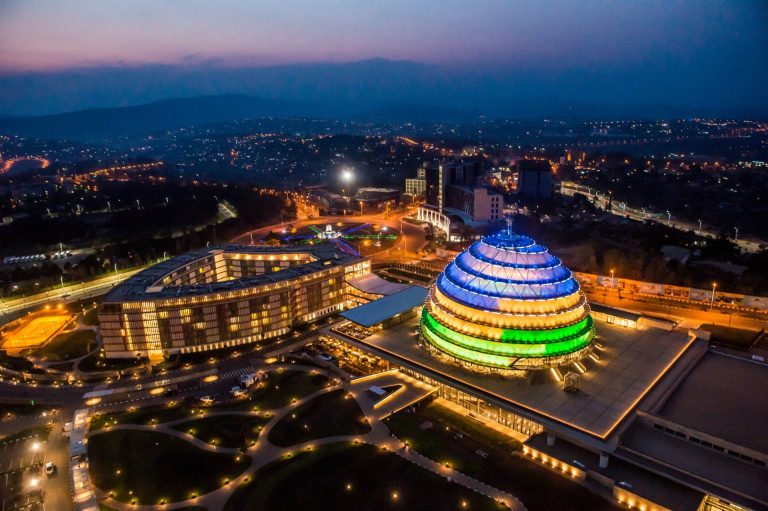
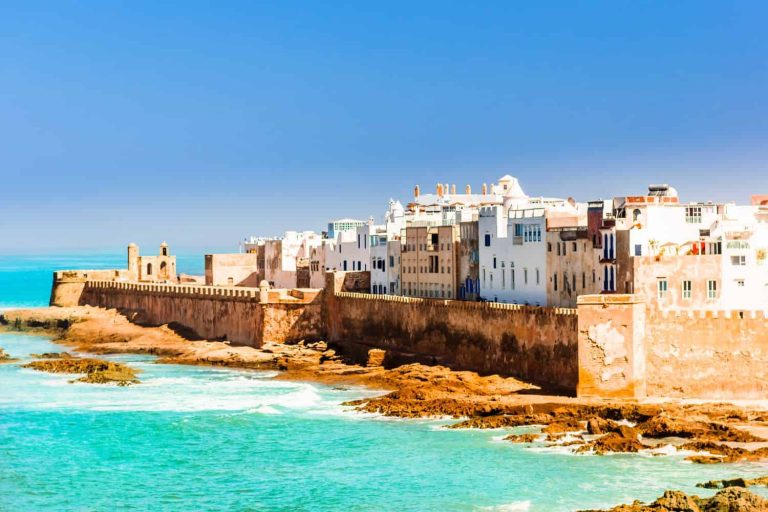
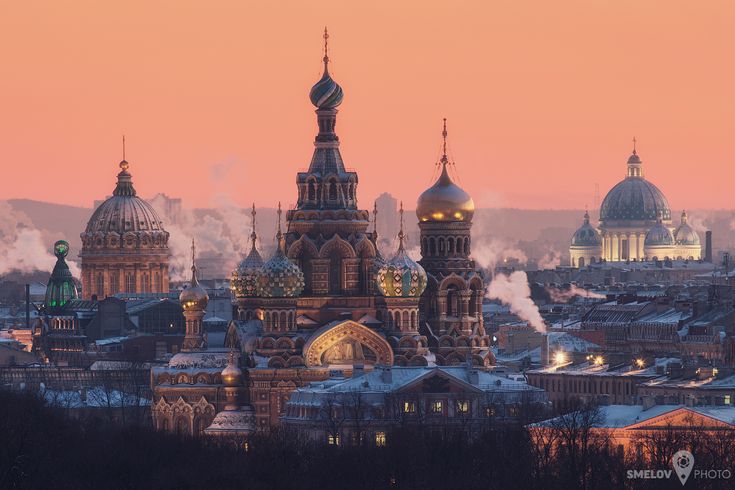
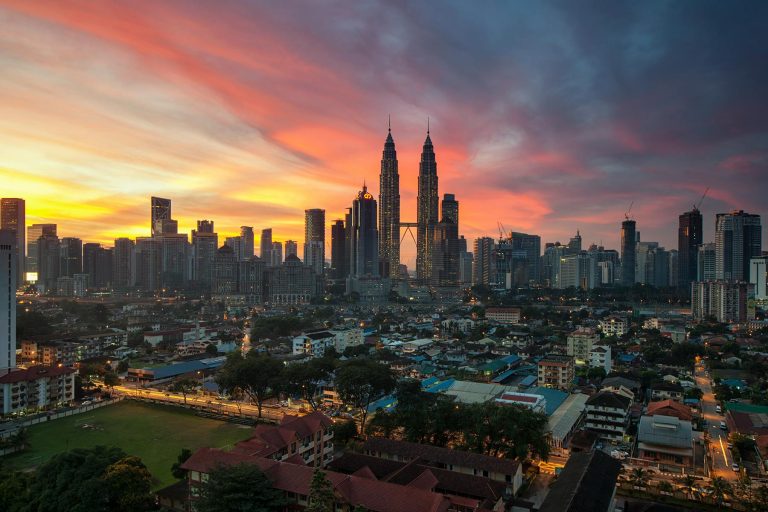
Leave a Comment